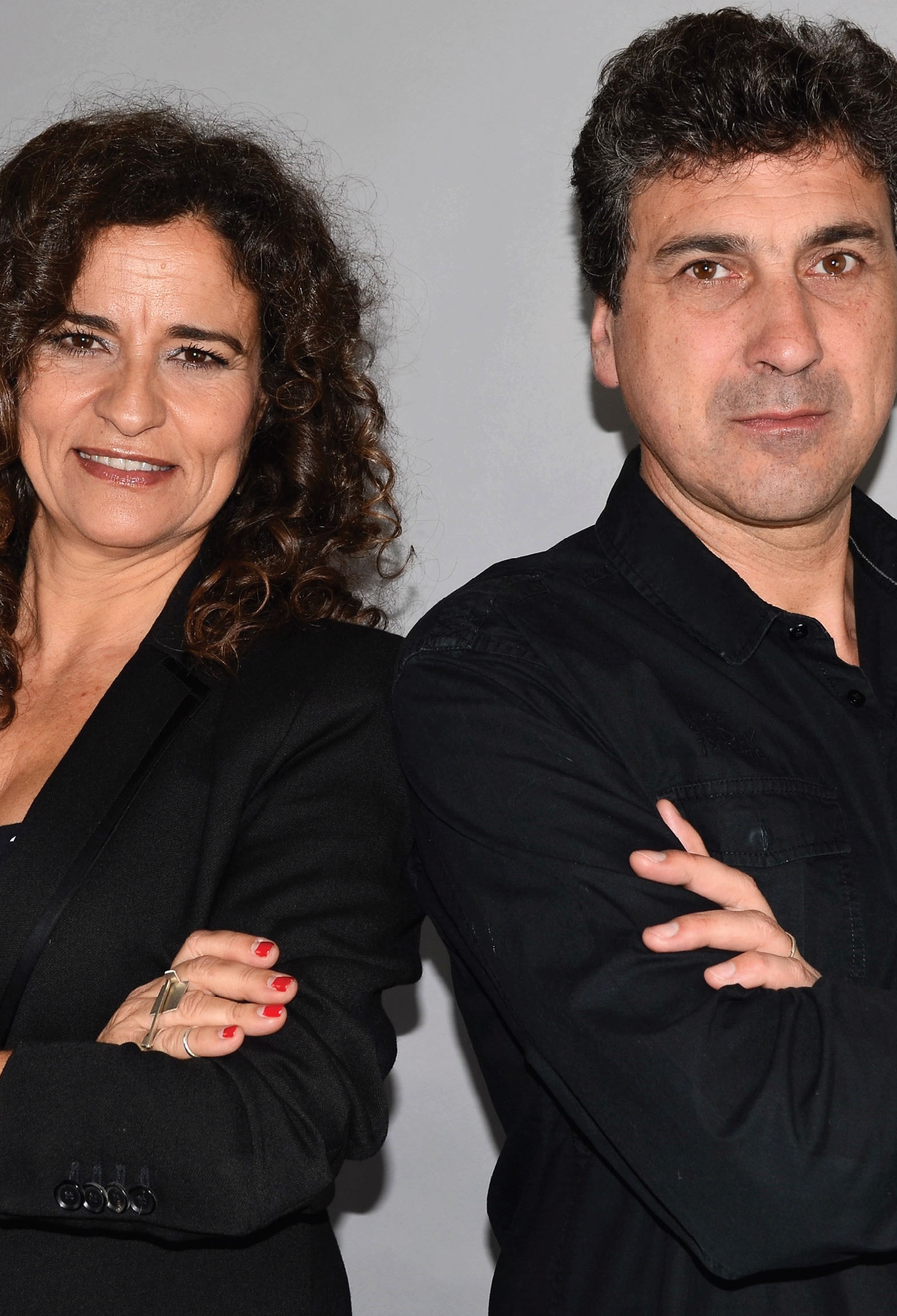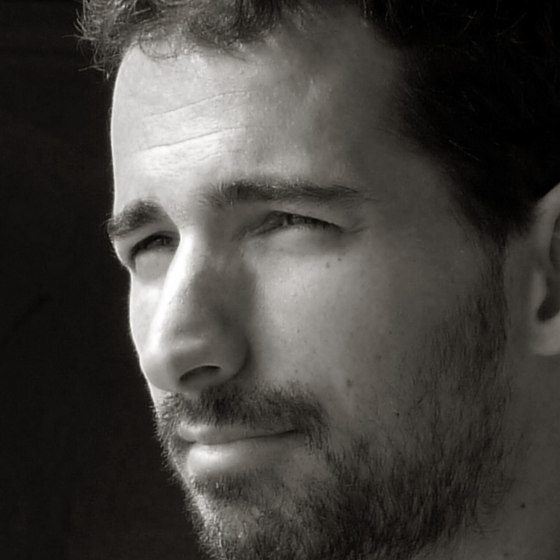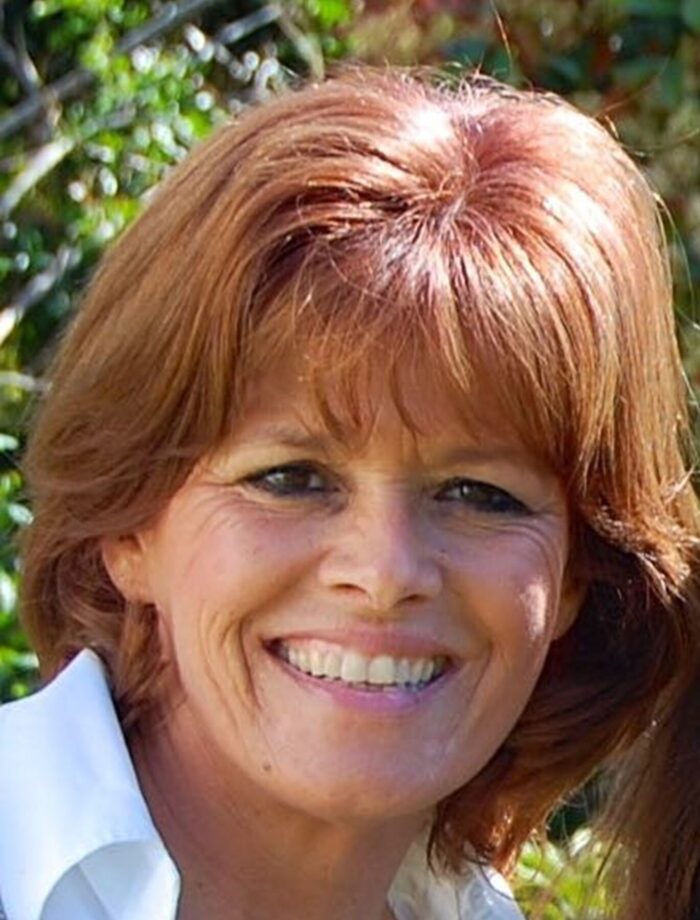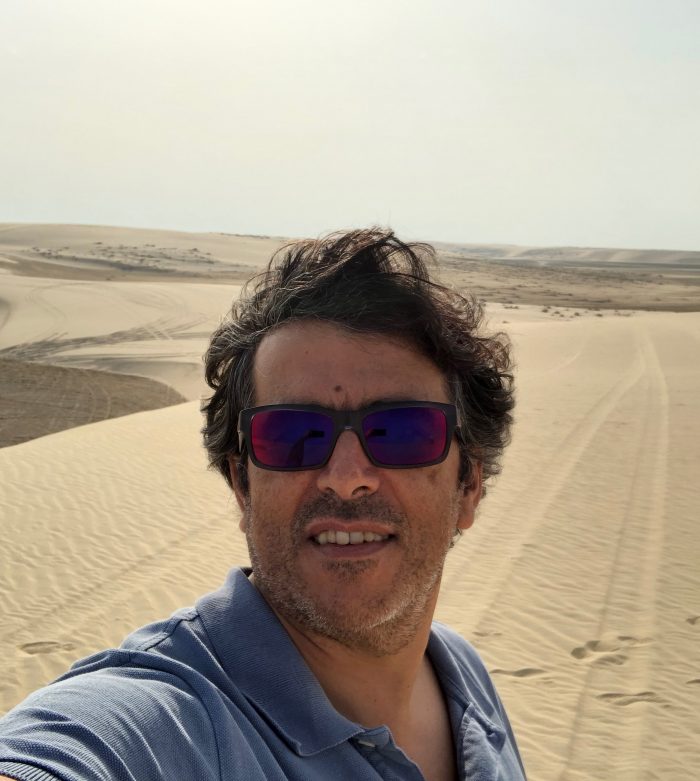A conversation with Arch. Flávio Tirone

A conversation with Arch. Flávio Tirone
We have a triangle of priorities: the public, the artists and the technicians. We made it our mission to ensure that no colleague, artist or stage technician had to step on a stage in bad condition
The stage was on your path before architecture. Tell us about that experience.
Orlando Worm (Isabel’s father) was the one who challenged us to the performing arts. The light design as a profession and as an art in Portugal was introduced and developed by him and became the reference in all scene’s technical fields. Isabel was already putting on shows and I followed in her footsteps. While still an architecture student in Florence, I took an introductory course for actors that transformed my way of seeing life and the world and that showed me the direction that I later took on architecture.
Sometimes we assisted Orlando he was when asked to give ideas during the design of event venues. As an architect, I was able to translate Orlando and Isabel’s ideas into a language that served the colleagues who were developing the project. This partnership lasted for many years and that was how, one beautiful day in 1995, when Arch. José Lamas invited us to support him in the remodeling project of Faialense Theater, we had the opportunity to elaborate our first Scenic Project in a systematic way and we created the Studio/ Company: Arsuna.
Isabel, who in the meantime decided to join the Architecture course, and I are the managing partners, but Arch. Pedro Silva and Arch. Maria Rodrigues have been collaborating with us for many years, without whom the team would be unable to continue our final art.
Was it easy to create a studio focused mainly on the performing arts?
We found that our practical experience, combined with university knowledge, could be useful in a field that did not exist here, and even abroad it is a rare specialization to find. We started being called when Portugal was implementing the essential infrastructures after the 25th of April 1974 and was going to be the stage for some events like Lisboa Capital Europeia da Cultura 1994, Expo’98, Porto Capital Europeia da Cultura 2001. Were also being built: the Centro Cultural de Belém; the Teatro Nacional São João, in Porto, was going to be remodeled, and all the district capitals wanted to remodel or build their new Events Center. We had the opportunity to collaborate with the most prestigious studios such as Álvaro Siza, Eduardo Souto de Moura, João Luís Carrilho da Graça, Gonçalo Byrne, Promontório and opportunities began to emerge outside the country.
Sometimes we are also privileged to be able to create our Architecture. The Centro de Espectáculos de Tróia and Maria Matos Theater had our intervention in the Interior and Scenic Architecture.
Is your stage experience essential for the development of the projects?
Ideas come mainly as a solution to an issue that we have already experienced. I see the scenic subject as a production chain. We have a triangle of priorities: the audience, for which the show is designed; the artists, who perform it; the technical and administrative staff, who provide it. All of these areas are fundamental. I remember that when we started, the concert halls’ condition in the country was terrifying. There were showrooms without conditions for any of the three groups. There were buildings that were going to be remodeled or built from scratch without projects. So we made it our mission to make our manifest known to ensure that no colleague, artist or stage technician had to step on a stage in bad condition.
Tell us about the challenge regarding Tivoli Theater and what you are doing now.
I believe that Raúl Lino respected the three areas of our manifesto, in the 50s, when the scenic tower was rebuilt, making it one of the best stages in the country. We tried to provide the public, artists and technicians, what they once had and expand the building’s potential without tampering with the basic concepts of Master Raúl Lino. At this moment, Isabel is directing the program of the São Francisco Convent in Coimbra and we have projects under development, such as the Cinema Mundial, the Bairro Alto Theater, the remodeling of the National Theater of São João, and ongoing works, such as the stage of the Arraiolos Cine-theater, and the remodeling of the Maria Matos Theater.
BETAR has already developed various projects for auditoriums and theaters with you. Has it been a good partnership?
We have been privileged to be supported by an engineering team of unquestionable professionalism and technical creativity led by Eng. José Pedro Venâncio (Civil Engineering – Betar) and Eng. Fernando Fonseca (Energia Técnica) who guides us in the special works. The labyrinth that we have traveled together, encountering obstacles and alleys, could only be overcome thanks to the team spirit and the human quality of each one. An experience that has been successfully repeated for some years. It is a pleasure to work and be in this work environment.
This interview is part of the Artes & Letras Magazine # 108, May 2019
Partially automatic translation from portuguese: some expressions may differ from their actual meaning.
News & Interviews
A conversation with Arch. Miguel Marcelino
'The invisible beauty of things has to do with perception, details ... which, due to their characteristics, add an invisible beauty that I find interesting to decode' Read more
A conversation with Joana Santiago
'[At Semear we train] people with intellectual difficulties, [and help to] prepare society. The lack of inclusion is related to the barriers that society imposes. We help companies employ these people' Read more
A conversation with Arch. Paulo Perloiro
'The profession of architect began on the day of my first college assignment [...] The studio was a place of intellectual conviviality and discussion... for a few years, it was a kind of architecture boarding school... a studio house' Read more




